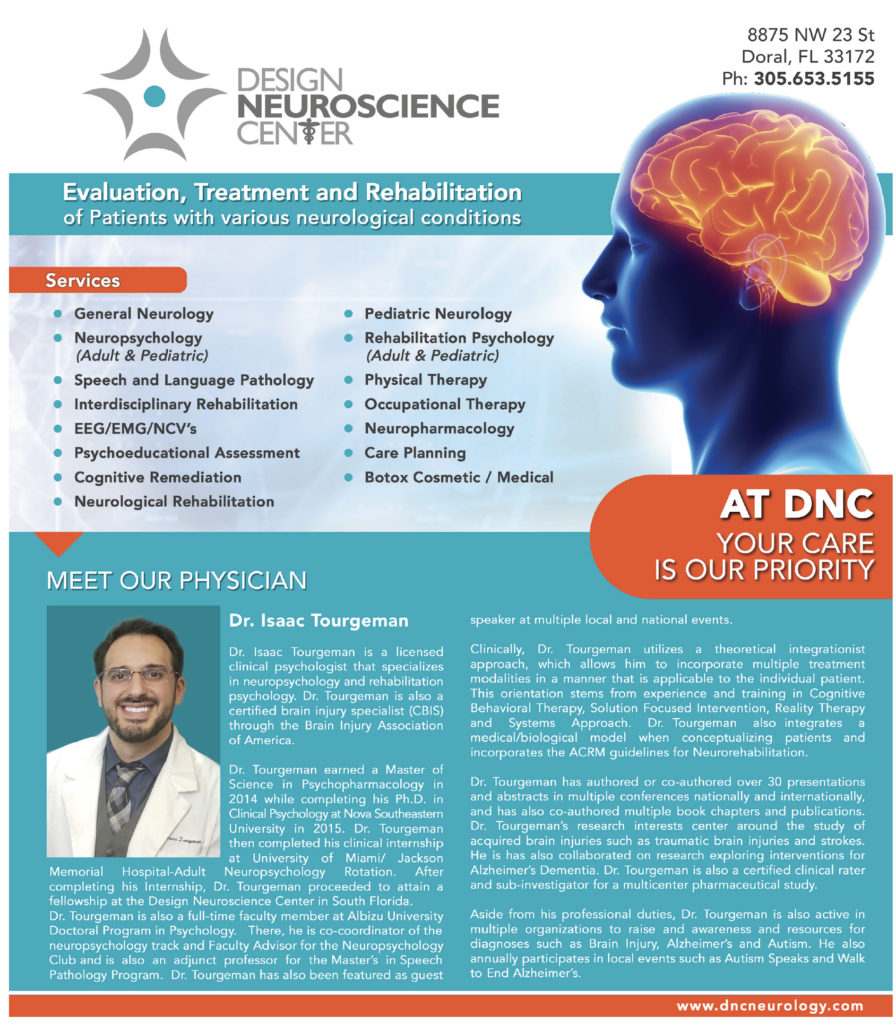The CDC defines social distancing as the “physical distancing of keeping space between yourself and other people outside of your home.” The practice of social distancing recommends 6 feet of distance from other people, not gathering in groups, and staying out of crowded places. Social distancing has been essential in preventing the spread of COVID-19 (Corona Virus Disease 2019). However, the impacts of social distancing are far more than physical, they can lead to an impact on one’s mental health.
As humans we are social beings and interaction with others plays an important role in maintaining our mental health. We use human interaction as a coping mechanism and often reach out to family or friends for social support. A study conducted in March of 2020 published by the International Journal of Environmental Research in Public Health stated that due to the spread of COVID-19 and the increase in social distancing there has been an increase in depression and anxiety. So why are people experiencing a rise in negative emotions?
Anxiety
The first and possibly the most apparent reason for negative emotions is paranoia of being diagnosed with COVID-19. This disease has spread quickly and has proven detrimental to vulnerable/high-risk populations, making social distancing and closing of certain business necessary. While the CDC and other officials have made the best effort to spread accurate information, humans tend to be skeptical and that skepticism can lead to feelings of worry and anxiety. Another added worry in the unpredictability of the disease mainly due to the lack of preparation and the unknown duration of the pandemic. Additionally, those that have been deemed essential workers are experiencing excess stress and anxiety while continuing to work during this global pandemic.
Finances
Financial hardship and job loss are some other stressors brought on by COVID-19 that we were not expecting. Despite the efforts that the government has made to spread financial aid to the country, people are finding themselves in situations where they are not making their usual income or are entirely out of jobs. However, bills do not go away simply because of a pandemic and the lack of income can bring upon unexpected worries.
Isolation
Socialization and human interaction were part of daily life before the need for social distancing. Whether you were seeking out social interaction or not before COVID-19 it seemed like human interaction was unavoidable. Social distancing has brought on isolation. This lack of interaction and socialization can lead to feelings of loneliness or even depression for those finding themselves isolating alone.
Family
Many individuals have taken social distancing as an opportunity to be with close family members and relatives. However, the stress of living in close proximity to individuals that you do not normally spend large amounts of time with may begin to impact one’s mental health. Family for many means spouses as well, and during this era of social distancing people are spending more one-on-one time with their spouses. While some say that the alone time may spark a “baby boom” others believe that the prolonged amount of time together, lack of freedom, along with the emotional and financial difficulties brought on by COVID-19 may lead to an increase in divorce rates.
Routines
Before social distancing was mandatory many people had jobs that required them to leave the house. This often required getting up at a certain time to commute and get to the office. The routine of getting up, making your bed, getting dressed, and having somewhere to be promotes productivity and positivity. We are also creatures of habit; we do well with routines and when something in our routine changes so do we.
Events and Travel
Concerts, weddings, birthdays, and other special events including travel have been rescheduled or suspended for the time being. The large gatherings or vacations that people have looked forward to as a reprieve from their daily lives have been cancelled. The graduating seniors are having to celebrate without the events that they’ve spent the past four years looking forward to. Also, sports and other television programs are suspended. The lack of social input and canceling of events can leave people feeling down and makes the unknown duration of this pandemic feel very real.
What can we do?
Despite these factors that can contribute to negative emotions some individuals are finding the light in this darkness. To combat these feelings of isolation some have begun to resort to video calling as a way to interact with others, whether it be for work or socialization. Applications such as Zoom and FaceTime have made communicating with family and friends possible making the distance feel just a little smaller. So what else can we do to fight these negative emotions during an era of social distancing?
- Keep in touch with family and friends
- Get outside and take a walk
- Try to stick to a normal sleeping schedule and routine
- Use this time at home to work on unfinished/time-consuming home projects
- Enjoy being with family
- Spend time with your pets
- Read
- Get creative in the kitchen and try new recipes
- Clean and organize your living space
- Take a drive
- Make social events virtual (happy hours, movie nights, date night, etc.)
When to see a doctor or specialist
Consultation with your family doctor or specialist would be indicated if you find yourself experiencing changes in sleep or appetite indicated by significant weight loss/gain, restlessness, consistent fatigue or frequent nightmares. Low motivation, daily sadness, thoughts of death and dying, panic symptoms and constant worry are other important symptoms to monitor. Others may express to you that you are becoming more irritable or isolating more than needed. Increased consumption of substances including tobacco and alcohol are also signs to monitor. Many doctors’ offices and mental health providers have integrated ‘tele-health’ services into their practices, allowing some patients to be seen without having to leave their homes.
At Design Neuroscience Center we have integrated tele-health services across all our specialties to meet the needs of current times and ensure patient safety.

For the full article, please visit: https://doralfamilyjournal.com/a-look-at-mental-health-during-an-era-of-pandemic-and-social-distancing/






